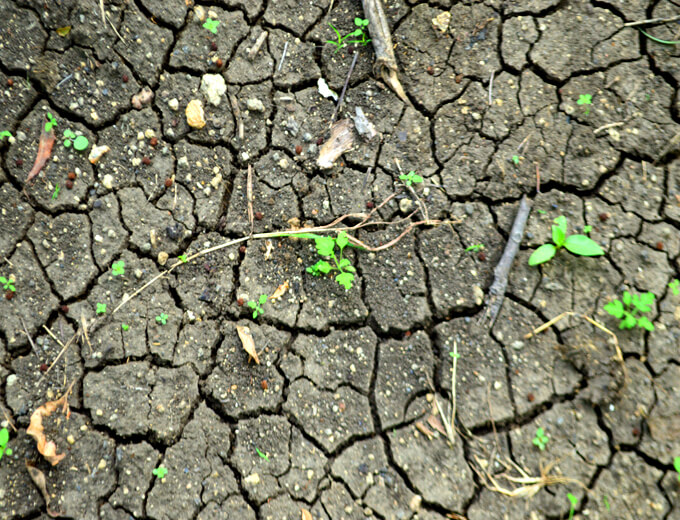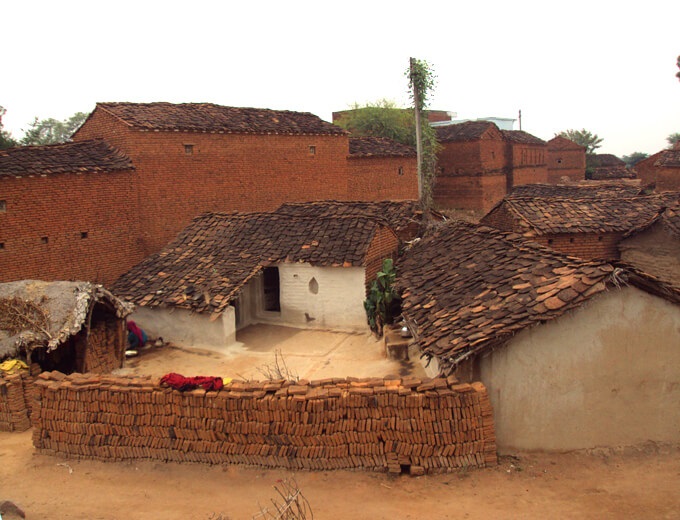
Energy, Environment and Climate Change
Sector >> Energy, Environment and Climate Change
The energy sector is facing serious challenges due to economic and population growth resulting in more use of fossil fuel dependent energy, which in turn is creating severe pressure on natural resources and environment. The increasing CO2 emissions and oil demand is predicted to create irreversible changes in the environment unless renewable sources of energy are adequately harnessed and used. Environmental problems that deplete natural resources and strain livelihoods are increasing as a result of pollution, fossil fuel combustion, improper waste disposal and climate change. It is predicted that climate change would affect the environment dramatically and would have unprecedented impact on communities and on natural resources such as agriculture, fisheries, energy, tourism and water that are primary sources of livelihoods.
We have assisted our clients and partners on range of issues concerning climate change and sustainable development focusing on environment conservation and natural resource management, social and environment impact assessment (SEIA) for programmes, preparation and monitoring of social and environmental management framework (SEMF), developing climate change action plans, developing climate change adaptability strategy for natural resource sectors, development of disaster preparedness and management plan, promotion of renewable energy, identification and development of CDM projects and business models on low carbon strategy.
Select Work in Energy, Environment and Climate Change



